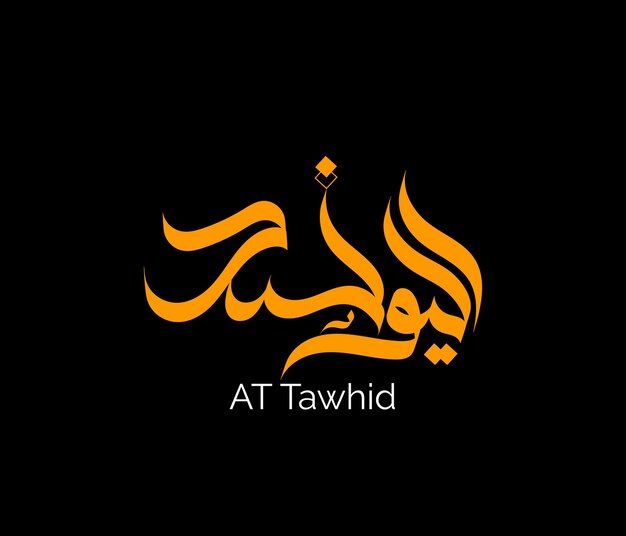In the vast tapestry of human thought and spirituality, the concept of the Oneness of God emerges as a profound thread woven into the fabric of Baha’i teachings. This belief encapsulates the essence of the Divine, suggesting a singular, universal source of all creation. The Oneness of God is not merely a doctrine but an intricate, multifaceted understanding that shapes the Baha’i worldview and fosters unity among the diverse tapestry of humanity.
At its core, the Oneness of God affirms that there is but one Creator, the source of all existence. This metaphorical concept is akin to a sun that radiates its light across countless landscapes, illuminating a vast spectrum of experiences and perspectives. Just as various flowers bloom under the same sun, so too do the myriad religions and cultures of the world arise from the same divine source. This religious pluralism is a distinctive aspect of Baha’i belief, promoting the idea that while distinct in practices and expressions, all faiths share a common spiritual lineage.
Baha’u’llah, the founder of the Baha’i Faith, articulated this principle with clarity and profundity. He posited that the Oneness of God signifies that humanity, in its relentless pursuit of truth, must transcend the barriers erected by sectarianism and dogma. This instruction is an ethical beacon, urging individuals to gaze upon their fellow beings not as adversaries of differing beliefs but as companions on a shared journey toward understanding the transcendent reality of God. Such a perspective, rooted in the Oneness of God, encourages a harmonious coexistence among individuals of all faiths.
Moreover, the Oneness of God extends beyond a mere theological claim; it suggests a significant metaphysical reality. In Baha’i understanding, God is not confined to a physical form or any singular artistic representation. Rather, the Divine Essence is perceived through the manifestations of God—prophets and teachers throughout history who embody the attributes of the Creator. Figures such as Moses, Jesus, Muhammad, and Baha’u’llah himself serve as illuminated mirrors reflecting the light of the Divine to humanity. Their teachings are perceived as different facets of the same diamond—a single truth refracted through the prism of cultural and temporal contexts.
The concept of ‘Unity in Diversity’ further amplifies the allure of the Oneness of God. In a world often characterized by conflict and division, Baha’i teachings posit that recognizing the commonality of humanity is pivotal for societal advancement and peace. The Oneness of God serves as the foundation for a global ethos, inviting individuals to appreciate the beauty found within differences. Just as a symphony is enriched by various instruments, the collective evolution of human understanding may be enhanced by the rich tapestry of beliefs and practices found across civilizations.
This recognition of diversity brings forth an intriguing metaphor: that of a great ocean, in which the waters of faith mingle, merge, and flow together. Each wave might represent a different religion, yet all originate from the same source. The ocean possesses both depth and vastness, transcending boundaries—much like the Oneness of God which transcends human-imposed divisions. Each wave, while unique, is essential to the integrity of the whole, empowering the ocean to exist in its entirety. This imagery reflects the Baha’i vision of a harmonious world where differences are celebrated rather than shunned.
Furthermore, the Oneness of God encompasses the belief in the unity of all prophets. Baha’is regard the messages of these celestial emissaries as harmonious rather than contradictory. This perspective allows for a rich dialogue among various religious traditions, promoting interfaith cooperation and understanding. The concept invites inquiry into how these messages complement one another, laying the groundwork for a future characterized by peace and mutual respect. It encourages a reinterpretation of religious history not as contentious rivalry but as a series of revelations from a singular source, expressing human understanding of the Divine over time.
In the pursuit of knowledge and spiritual growth, embracing the Oneness of God offers profound implications for personal transformation and communal engagement. Individuals are encouraged to cultivate virtues such as love, compassion, and forgiveness, which resonate with divine attributes. The emphasis on moral development draws from the understanding that alignment with the Divine nature leads to a more fulfilling and harmonious life. Here, personal growth unfolds in concert with the wider community; as one seeks to embody these virtues, collective well-being flourishes, creating a ripple effect of positive change.
As the Baha’i Faith expands its reach across the globe, the message of the Oneness of God remains a guiding principle. In an age of interconnectivity and global movements, this cornerstone of Baha’i belief resonates powerfully, echoing calls for unity amid diversity. It serves as an anchor amidst the tempests of discord, urging humanity to embrace a shared destiny marked by cooperation and collective responsibility.
In conclusion, the Oneness of God is a rich, compelling doctrine that transcends mere theological assertion. It invites individuals to contemplate humanity’s shared origin and destiny, catalyzing transformative relationships grounded in understanding and respect. Through the prism of the Oneness of God, adherents and seekers alike are encouraged to embark on a journey toward spiritual depth, fostering a legacy of unity and mutual appreciation that can illuminate a path forward for all of humanity.
